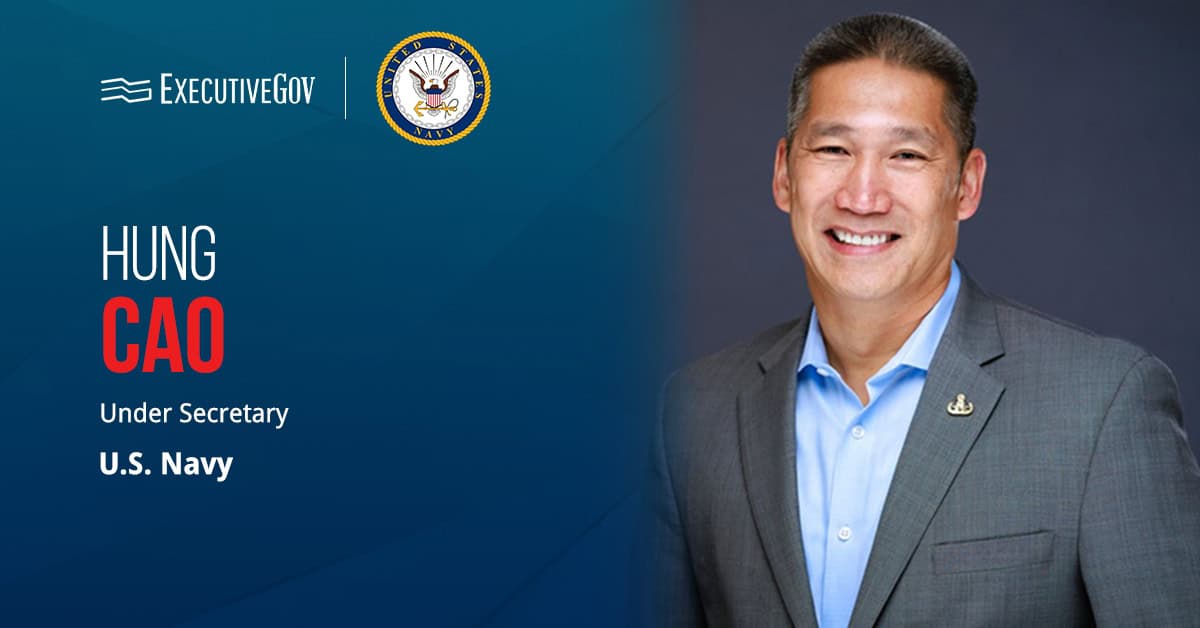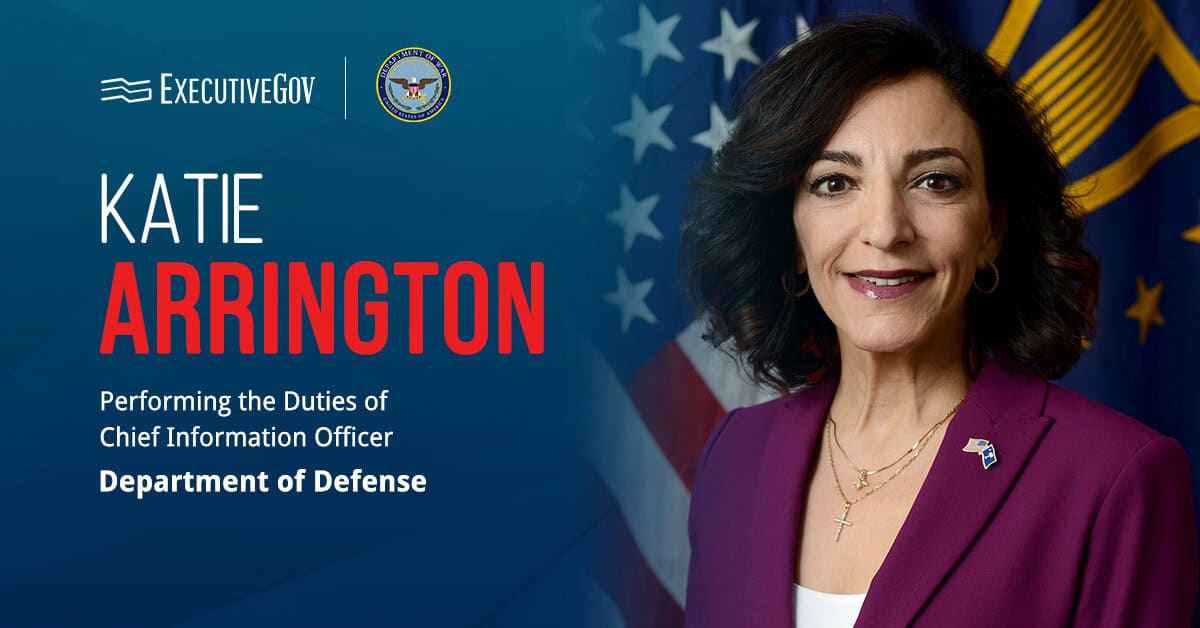The Pentagon has announced plans to develop a top cybersecurity position, National Cyber director, within the White House under an amendment to the House version of the 2021 National Defense Authorization Act (NDAA) that will create a National Cyber Director within the executive office of the president, Federal News Network reported on Monday.
“They would be the person that is coordinating defensive cyber policy to protect the country from cyber incidents of significant consequence… you really need somebody at the top and helping to coordinate that to begin with and that has both policy and budgetary authority to reach across the government to see where the cyber vulnerabilities exist,” said Jim Langevin, chairman of the House Armed Services Emerging Threats and Capabilities Subcommittee.
The position would serve as the principal advisor to the president on cybersecurity strategy and policy. The role would also consult with federal departments to develop the U.S. national cyber strategy and supervise its implementation. The provision will also create two deputies, one for strategy, capabilities and budgets, and another for plans and operations.
In addition, defense secretary and 2020 Wash100 Award recipient Mark Esper has ordered a new OPSEC training for all Department of Defense (DoD) employees and contractors. The training requirement will apply to military members, civilian employees and contractors working for the DoD, and will consist of four mandatory courses, all focusing on operational security.
“Unfortunately, poor OPSEC practices within DoD in the past have resulted in the unauthorized disclosure or ‘leaks’ of controlled unclassified information (CUI),” he wrote. “Unauthorized disclosures jeopardize our DoD personnel, operations, strategies, and policies to the benefit of our adversaries. Unauthorized disclosures also distract from mission priorities by redirecting the attention and resources of military commanders.”
DoD employees and contractors have until Sept. 18 to finish the training, which was developed by the Center for the Development of Security Excellence, part of the Defense Counterintelligence and Security Agency (DCSA).





